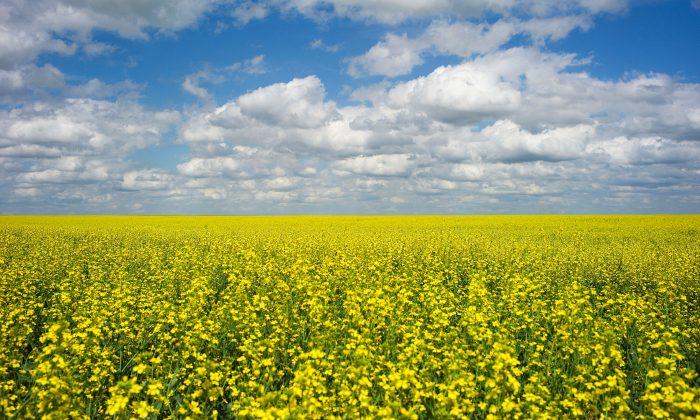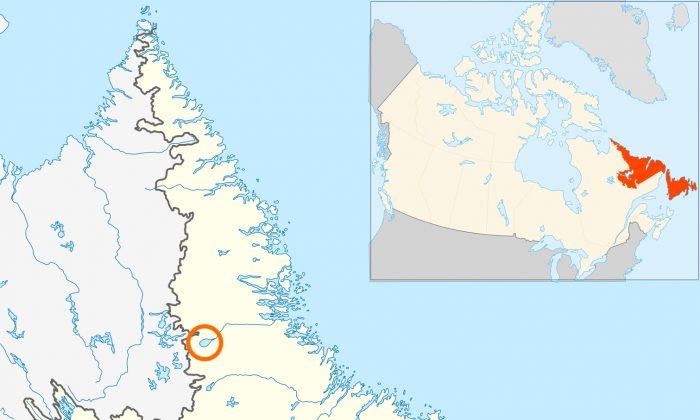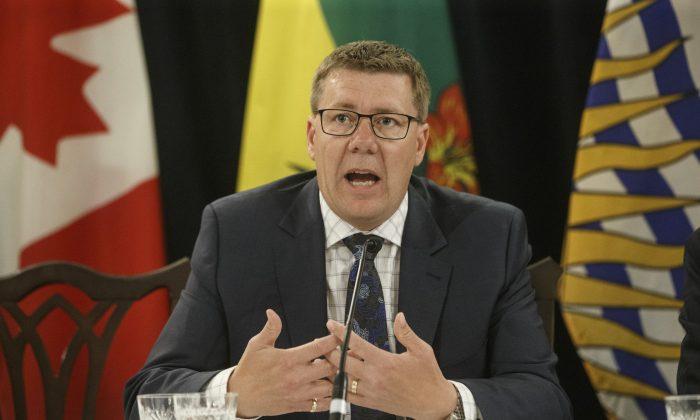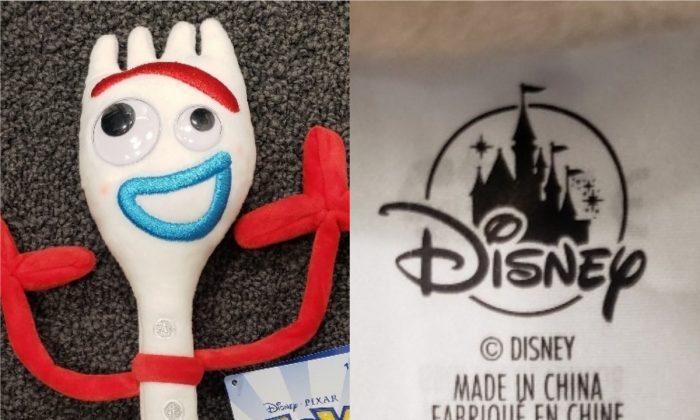TORONTO—The Chinese regime has increased its trade restrictions on buying canola from one company to all Canadian exporters amid increasing diplomatic tensions between the two countries since Canada arrested an executive of Chinese telecom giant Huawei late last year.
The Canola Council of Canada (CCC) says Chinese importers are currently unwilling to purchase any Canadian canola seed.
“We’re disappointed that differing viewpoints cannot be resolved quickly,” CCC President Jim Everson said in a
statement. “Under the circumstances, Canadian canola seed exporters who normally ship to China have no alternative but to supply customers in other countries who value high-quality Canadian canola.”
The move escalates a trade dispute between Canada and China, which revoked the sales permit of major Canadian canola supplier Richardson International earlier this month, preventing the Winnipeg-based company from exporting canola seeds to China. Chinese officials said they revoked the company’s registration over concerns of “harmful organisms” in its canola imports, an allegation that Richardson denied.
Federal Agriculture Minister Marie-Claude Bibeau said during a talk at the Calgary Chamber of Commerce on March 12 that scientists have found no such evidence. “We have returned to our samples,” she said. “We have double-checked the analysis. We still haven’t found any kind of pest.”
“Richardson has been directly targeted,” the company’s vice-president, Jean-Marc Ruest,
told CBC News. “We think this is part of a larger Canada-China issue, and we hope it gets resolved expeditiously.”
Relations between Canada and China have been tense since December 2018, when Canada arrested Meng Wanzhou, chief financial officer of Chinese telecom company Huawei, at the request of U.S. authorities. Meng, who also sits on Huawei’s board, currently
faces extradition proceedings in Canada.
U.S. prosecutors have accused Meng and Huawei of violating sanctions against Iran, saying Meng had a direct role in misleading U.S. banks into clearing certain cash transactions under question. Meng has been
charged with bank fraud, wire fraud, and conspiracy to commit bank and wire fraud. She denies the allegations.
Two Canadians in China, Michael Kovrig and Michael Spavor, were detained by the regime shortly after Meng’s arrest, in a move widely believed to be retaliatory in nature in the hopes of pressuring Ottawa for Meng’s release. On March 4, the day after Canada said it would proceed with extradition proceedings against the Huawei executive,
the regime accused the two men of working together to steal Chinese state secrets.
Canada has formally demanded China release the two Canadians.
The restriction against Richardson is also seen as Beijing putting increasing pressure on Canada, in seeking to gain Meng’s release. At the time,
China’s customs agency also said imports of canola would undergo more thorough inspections in China.
Beijing is the world’s largest canola importer, and approximately 40 percent of canola and canola product exports from Canada go to China. After wheat and barley, canola is Canada’s third largest grain export, and exports to China were worth C$2.7 billion ($2 billion) in 2018. When Richardson had its license revoked, the
CCC said at the time that it would hurt the industry.
Canola seeds can be crushed to produce canola oil, which is used in food and cooking as well as non-edible uses. Once the oil has been extracted, the leftover seed, known as canola meal, is often used as a food supplement for many animals as well as a fertilizer.
According to Manitoba Canola Growers, the name canola comes from Can as in Canada and ola as in oil.
Until the recent trade disruptions, Chinese demand for canola was “very strong,” CCC said. While the industry group had hoped to resolve concerns over Canadian canola, it said current discussions indicate an immediate resolution is unlikely.
“Canadian ministers and government officials have responded quickly to Chinese concerns. However, technical discussions are unlikely to lead to an immediate resolution,” said Everson. “We urge the Government of Canada to continue to intensify efforts to resolve the situation.”





